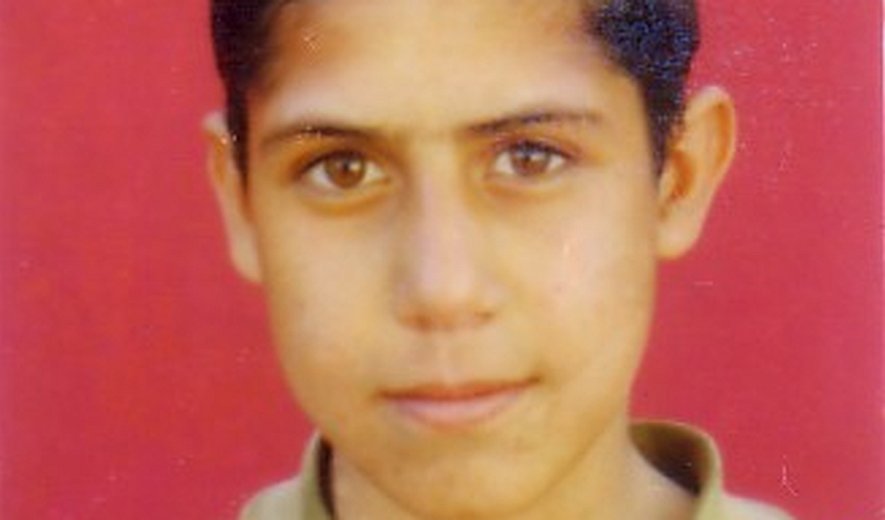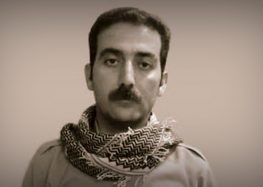Judge Refuses to Order Psychological Evaluation That Could Save Man Sentenced to Death as Minor
 A judge in Iran is refusing to order a psychological evaluation to determine the maturity level of Mohammad Reza Haddadi in 2003, the year he allegedly committed murder at the age of 15.
A judge in Iran is refusing to order a psychological evaluation to determine the maturity level of Mohammad Reza Haddadi in 2003, the year he allegedly committed murder at the age of 15.
Haddadi, now 29, could be saved from execution if the medical examiner rules he was not mature enough to understand the nature of the crime he allegedly committed, his lawyer told the Center for Human Rights in Iran (CHRI).
“Based on Article 91 of the Islamic Penal Code, if a juvenile was incapable of understanding the nature of the crime, he could be saved from capital punishment,” said attorney Hossein Ahmadiniaz, on October 28, 2017. “The authority that can determine mental maturity is the medical examiner.”
“My client was 15 when the crime took place,” added Ahmadiniaz. “Later, he said he did not commit the crime and took back his confession. So we requested a judicial review and asked the court to refer Mohammad Reza to the medical examiner.”
However, the judge presiding over Branch 101 of the Criminal Court in the city of Kazeroun, in Fars Province, has so far refused to order the mental evaluation.
Held in Adelabad Prison in the provincial capital of Shiraz since 2003, Haddadi was transferred for execution on at least four occasions, but each time he was saved by domestic and international protests, his lawyer told CHRI.
Haddadi was arrested in October 2003 in connection with the murder of a taxi driver. Three accomplices, who were all over 18-years-old at the time, were convicted of abduction, collusion in murder, and hiding the victim’s body, and issued prison sentences ranging from 15 years to life.
Based on his confession, Haddadi was issued a death sentence, in addition to a 15-year prison sentence.
However, in a letter he sent to the judge eleven days after his arrest, Haddadi said he had confessed because the co-defendants had promised him money and insisted he would not be convicted of murder because of his age, Haddadi’s lawyer told CHRI.
“The judge is refusing to send Mohammad Reza to the medical examiner because he says, in his opinion, Mohammad Reza was a mature person when he confessed and there’s no need to send him to the medical examiner,” said Ahmadiniaz.
“But this makes no legal or common sense,” he said. “The judge cannot make a personal guess as to Mohammad Reza’s mental level. That determination is made by the medical examiner.”
Ahmadiniaz told CHRI that the judge refused the request after the prosecutors in the cities of Shiraz and Kazeroun both agreed that Haddadi should receive a psychological evaluation.
“In recent years, many juveniles have been saved from execution by the courts in Tehran on the basis of Article 91,” said Ahmadiniaz. “But the judge in Kazeroun is denying this right from Mohammad Reza. That’s not reasonable.”






